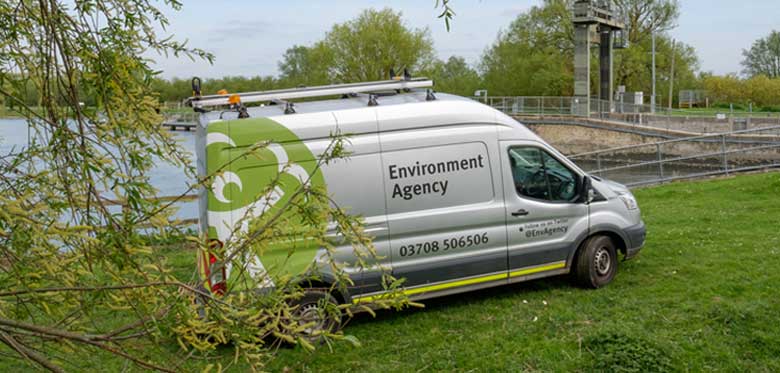Land is contaminated when there are polluting substances in, on or under the land. This may mean that the substances have been left in buildings or on land or that the substances are buried in the ground. Every local authority has a duty under Part 2A of the Environmental Protection Act (EPA) 1990 to devise a strategy to identify all contaminated sites within their area. Local authorities must also notify the Environment Agency (EA) when contaminated land is identified and enforcement action may consequently be taken against anyone responsible for the contamination.
What amounts to contaminated land?
Land is legally defined as ‘contaminated land’ where substances are causing or could cause:
- Significant harm to people, property or protected species; and/or
- Significant pollution of surface waters (for example lakes and rivers) or groundwater; and/or
- Harm to people as a result of radioactivity.
What action will be taken in respect of contaminated land?
Once a determination has been made that land is contaminated, the local authority is required to inform various people about the determination including:
- The owner of the land;
- The occupier of the land;
- Each person who appears to be an ‘appropriate person’; and
- The EA.
The enforcing authority must then consider how it should be remediated and, where appropriate, it must issue a remediation notice to those responsible, requiring the necessary remediation to be undertaken. The enforcing authority should actively consider the merits and likelihood of achieving remediation without recourse to a remediation notice before issuing such a notice.
The enforcing authority for the purposes of remediation may be the local authority which determined the land, or the EA, which takes on responsibility once land has been determined if the land is deemed to be a “special site”. This includes land that seriously affects drinking waters, surface waters or important groundwater sources.
The responsible parties are referred to as "appropriate persons” and are divided into two classes of people. The first group, Class A persons, are those who caused or knowingly permitted the polluting substances to be in, on or under the land. If no Class A person can be found then responsibility will pass to any Class B persons. This group is made up of the current owners or occupiers of the contaminated site.
Owners or occupiers therefore only become "appropriate persons" where no Class A person can be found. These owners and occupiers have neither caused nor permitted the pollution to be present on the land, but the law takes the view that someone should be responsible for the site. The owners or occupiers might therefore be simply living in housing built on former industrial land or small companies on an industrial estate which used to have some other, more polluting use. However, the authorities have the power to remediate the land themselves and they must consider the hardship that might be caused in seeking to recover the costs of the remediation.
What happens if I fail to comply with a remediation notice?
It is an offence under Part 2A of the EPA 1990 to fail, without reasonable excuse, to comply with any requirements of a remediation notice. This means that even if only one aspect of a remediation notice has not been complied with, an offence has been committed. If a requirement in a remediation notice has not been carried out, the enforcing authority will need to consider whether to:
- Prosecute
- Commence civil proceedings
- Carry out the remediation work itself and potentially recover the costs
A person who commits this offence will be liable on summary conviction in the Magistrates’ Court to a fine. If the enforcing authority is of the opinion that a prosecution would afford an ineffectual remedy against a person who has failed to comply with any of the requirements of a remediation notice, proceedings can be pursued in the High Court, for the purpose of securing compliance with the remediation notice. Costs are likely to be ordered against the offender in each case and are likely to be significant. Similarly, if the enforcing authority carries out the remediation work itself and seeks to recover the costs from the appropriate persons, such costs are likely to be extensive.
There are therefore significant consequences if you are found to be an “appropriate person” in respect of any contaminated land, and you could ultimately end up with a criminal conviction if you fail to comply with any remediation notice issued. It is therefore important that you seek specialist legal advice if you are contacted by an enforcing authority in respect of contaminated land.
If you are facing enforcement action by a local authority or the Environment Agency, please feel free to contact our specialist regulatory lawyers on 0161 696 6250 to discuss how we can assist with your case.




Comments